| Abiraterone Usage And Synthesis |
| Description |
Abiraterone is a new type of hormone therapy. It is also called abiraterone acetate, CB7630 or Zytiga. It is used to treat prostate cancer that has spread to other parts of the body. It may help some men to live longer. It can also help control symptoms. Clinical trials are also using abiraterone for earlier stages of prostate cancer and advanced breast cancer. Abiraterone is associated with a not uncommon rate of serum enzyme elevation during therapy, but has not been clearly linked to cases of clinically apparent liver injury with jaundice.
Abiraterone is a steroidal compound with antiandrogen activity. it is a Cytochrome P450 17A1 Inhibitor. The mechanism of action of abiraterone is as a Cytochrome P450 17A1 Inhibitor, and Cytochrome P450 2D6 Inhibitor, and Cytochrome P450 2C8 Inhibitor that catalyzes the 17alpha-hydroxylation of steroid intermediates involved in testosterone synthesis. Administration of this agent may suppress testosterone production by both the testes and the adrenals to castrate-range levels. |
| Therapeutic agent for prostate cancer |
Currently, for patients of advanced prostate cancer, androgen deprivation therapy including drugs and surgery is generally the preferred method of including drugs and surgery in order to reduce the testicular androgen synthesis. However, this treatment can’t suppress other parts of the body for yielding the male hormone.
Abiraterone is a therapeutic agent for prostate cancer with the English name for Abiraterone. It has not yet been marketed in China. It is developed by researchers coming from the British Royal Marsden Hospital located in southwest (world-renowned cancer research treatment center). It is kind of drug which is able to repress any part of the body for androgen production. It can not only reduce the levels of the prostate-specific antigen (PSA) which represents the tumor activity, but also helps to shrink the tumor. It can also apply to cancer patients who have been subject to chemotherapy in the past, revealing treatment hope.
Previously, the patent of the Abiraterone was owned by British Cougar biopharmaceutical Company. But in 2009 Johnson Pharmaceutical acquire the Cougar Biological Company with $ 970 million, and thus getting the permission of the drug. The phase III clinical trial results have showed that the goods can significantly prolong patients with advanced prostate cancer including those who had used one or two docetaxel chemotherapy but still got deteriorating lives with a small drug side effects and good safety.
Abiraterone is an oral administrated cytochrome oxidase P450 (CYP450) c17 inhibitor which can decrease the androgen levels through inhibiting the key enzyme in the androgen synthesis–CYP450c17, and also has inhibitory effect on the androgens coming from testis and other body parts. |
| How abiraterone works |
Hormones are substances produced naturally in the body. They act as chemical messengers and help control the activity of cells and organs. Hormonal therapies interfere with the way hormones are made or how they work in the body.
Most prostate cancers need the hormone testosterone to grow. Almost all testosterone in men is made by the testicles. A very small amount is made by the adrenal glands, which sit above the kidneys.
Abiraterone reduces the amount of testosterone made by your body. This reduces testosterone levels and may shrink the prostate cancer or stop it growing.
Abiraterone acetate (often shortened to abiraterone) is a hormonal therapy drug used to treat advanced prostate cancer. |
| Mechanism of Action |
Abiraterone is an orally active inhibitor of the steroidal enzyme CYP17A1 (17 alpha-hydroxylase/C17,20 lyase). It inhibits CYP17A1 in a selective and irreversible manner via covalent binding mechanism. CYP17A1 is an enzyme that catalyzes the biosynthesis of androgen and is highly expressed in testicular, adrenal, and prostatic tumor tissue. More specifically, abiraterone inhibits the conversion of 17-hydroxyprognenolone to dehydroepiandrosterone (DHEA) by the enzyme CYP17A1 to decrease serum levels of testosterone and other androgens. |
| side effects |
Like all treatments, abiraterone can cause side effects. Taking prednisolone as well as abiraterone will reduce the risk of side effects. Most men don’t have many problems with side effects. Possible side effects include:
- fluid retention, which can cause swelling in your ankles or hands
- High blood pressure during treatment happens in about 1 in 10 men (10%)
- Abiraterone can also cause the level of potassium in your blood to drop. This could make you feel tired and you may be at risk of a fast, irregular heartbeat.
- Tiredness (fatigue) and breathlessness from a drop in red blood cells (anaemia)
- Swelling of the legs or feet due to fluid build up (known as peripheral oedema) affects about 3 in 10 men (30%)
- Diarrhoea – drink plenty of fluids.
- Bladder infections affect just over 1 in 10 men (10%)
Occasional side effects
Between 1 and 10 in every 100 people have one or more of these.
- A mild effect on the liver that is unlikely to cause symptoms and will almost certainly go back to normal when you finish treatment.
- Heart problems, including a faster heart beat, a change to the heart rhythm and chest pain.
- Bone thinning (osteoporosis) can make bones more likely to break.
- High fat (cholesterol) levels in your blood – your doctor will check for this.
- An increased risk of getting an infection from a drop in white blood cells – it is harder to fight infections and you can become very ill. You may have headaches, aching muscles, a cough, a sore throat, or you may feel cold and shivery. If you have a severe infection this can be life threatening. Contact your treatment centre if you have any of these side effects or if your temperature goes above 38°C.
- A skin rash – you may develop a rash, which can be itchy.
Speak to your doctor if you notice anything unusual. |
| Biological Activity |
Description
Abiraterone is a potent CYP17 inhibitor with IC50 of 2 nM in a cell-free assay.
Features
Approved for the treatment of docetaxel-treated castration-resistant prostate cancer.
Targets
CYP17 [1](Cell-free assay) 2 nM
In vitro
Abiraterone binds and inhibits wild-type and mutant androgen receptor (AR). Abiraterone inhibits in vitro proliferation and androgen receptor-regulated gene expression of androgen receptor-positive prostate cancer cells, which could be explained by androgen receptor antagonism in addition to inhibition of steroidogenesis. In fact, activation of mutant androgen receptor by eplerenone is inhibited by greater concentrations of Abiraterone. Abiraterone displaces ligand from both WT-AR and T877A with EC50 of 13.4 μM and 7.9 μM, respectively. Abiraterone inhibits lyase activity with an IC50 of 5.8 nM in rat testis microsomes. Abiraterone acetate significantly inhibits T secretion (−48%) and in turn increased LH concentration (192%).
In vivo
Abiraterone inhibits CYP17 with an IC50 of 72 nM, in human testicular microsomes. Abiraterone fails to significantly reduce the size of any of the organs. Abiraterone reduces the testosterone levels strongly, almost reaching the level of the orchiectomy control. The testosterone levels are reduced by Abiraterone for more than 95% compared to the control group. |
| Appearance |
White Solid |
| Uses |
Abiraterone, a steroidal cytochrome P 450 17α-hydroxylase-17,20-lyase inhibitor (CYP17), is currently undergoing phase II clinical trials as a potential drug for the treatment of androgen-dependent pr ostate cancer. |
| Definition |
ChEBI: A 3beta-sterol that is androsta-5,16-dien-3beta-ol substituted at position 17 by a 3-pyridyl group. Administered as the O-acetate, it is used for treatment of metastatic castrate-resistant prostate cance . |
Abiraterone Acetate
| Product Name: |
Abiraterone acetate |
| Synonyms: |
17-(3-pyridyl)-5,16-androstadien-3beta-acetate |
| CAS: |
154229-18-2 |
| MF: |
C26H33NO2 |
| MW: |
391.55 |
| EINECS: |
N/A |
| Melting point |
127-130°C |
| storage temp. |
-20°C Freezer |
| Purity: |
99% |
| Chemical Properties |
Off-White Solid |
Usage:
Abiraterone acetate is a novel steroidal inhibitor of human Cytochrome P450 (17α-Hydroxylase-C17,20-lyase): potential agent for the treatment of prostatic cancer.
A steroidal inhibitor of CYP17A1 in androgen biosynthesis
A novel steroidal inhibitor of human Cytochrome P450(17a-Hydroxylase-C17,20-lyase): potential agent for the treatment of prostatic cancer.
Drug type:
Abiraterone acetate is a type of hormone therapy. This medication is classified as an “adrenal inhibitor”.
What this drug is used for:
Abiraterone acetate is indicated for use in combination with prednisone for the treatment of men with metastatic castration-resistant prostate cancer who have already received prior chemotherapy containing docetaxel.
How this drug is given:
Abiraterone acetate is a pill, taken by mouth. It is taken once a day.
It must be taken on an empty stomach [2 hours after a meal, or one hour before]
It should be taken at approximately the same time each day.
Prednisone [10mg daily] should be taken along with abiraterone acetate.
The amount of abiraterone acetate you receive depends on many factors. Your doctor will determine your dose and schedule
How does it work:
Hormones are chemical substances that are produced by glands in the body, which enter the bloodstream and cause effects in other tissues. The use of hormone therapy to treat cancer is based on the observation that receptors for specific hormones that are needed for cell growth are on the surface of some tumor cells. Hormone therapy can work by stopping the production of a certain hormone, blocking hormone receptors or substituting chemically similar agents for the active hormone, which cannot be used by the tumor cell. Different types of hormone therapies are categorized by their function and/or the type of hormone that is affected.
The growth of prostate cancer is stimulated by male hormones (androgens / testosterone). Decreasing the production of these hormones is critical in helping men fight prostate cancer. Androgens are primarily made by the testicles and adrenal glands. However, in men with advanced prostate cancer, the metastatic tumors themselves have the capability to produce testosterone. Generally, prostate cancer responds to treatment that decreases androgen levels. Many androgen deprivation therapies, decrease androgen production by the testicles but do not affect androgen production elsewhere in the body, such as the adrenal glands or in the tumor.
Abiraterone acetate works in a different manner than other androgen deprivation therapies. Abiraterone acetate interferes with an enzyme that is expressed in testicular, adrenal, and prostatic tumor tissues and is required as part of the body’s androgen producing process. Because of this interference the amount of androgens produced are decreased. Abiraterone acetate, blocks androgen production at three sources; the testes, the adrenal glands, as well as from the tumor itself.
Note:
We strongly encourage you to talk with your health care professional about your specific medical condition and treatments. The information contained in this website is meant to be helpful and educational, but is not a substitute for medical advice.
Our service
1.100% reshipment policy is our business basic.100% reshipment immediately if your parcel stays Customs for 4 days and doesn’t get updated.
2.Total refund for 15 days of dissatisfaction with quality.
3.We can provide free samples.
4.We have a special packing ,It can be easily passed through the customs.It will be more safe.
5.Our company have a long term cooperate with DHL.EMS.Fedex and so on .It can be sent to your hand more quickly. Parcel photo should be offered within 12hours after receiving your steroid payment.
6.If you have a chance to come to China. I can show you our lab.
7.Our company has WU, MG, TT, and Bitcoin payment ways in advance.You can pay 95% for the peptides cost at first for order, the rest can offer us in your next order;
| Prohormone (Raw Powder) |
| Trenavar (Estra-4,9,11-triene-3,17-dione) |
| Methylstenbolone |
| Epistane (Methylepitiostanol) |
| Epiandrosterone acetate |
| Epiandrosterone |
| Hexadrone (6-chloro-androst-4-ene-3-one–17b-ol) |
| ATD (1,4,6-Androstatriene-3,17-dione) |
| 6-Bro (6-Bromoandrostenedione) |
| DHEA ( Dehydroepiandrosterone) |
| 1-DHEA (1-Androstene-3b-ol,17-one) |
| 4-DHEA (4-Androstene-3b-ol,17-one) |
| 7-keto DHEA |
| 7-keto DHEA Acetate |
| 4-Androstene-3,6,17-trione |
| Adrenosterone (androst-4-ene-3,11,17-trione) |
| Mebolazine (Dimethazine) |
| Halodrol (4-chloro-17a-methyl-androst-1,4-diene-3,17b-diol) |
| Methoxydienone |
| Androstenedione |
| |







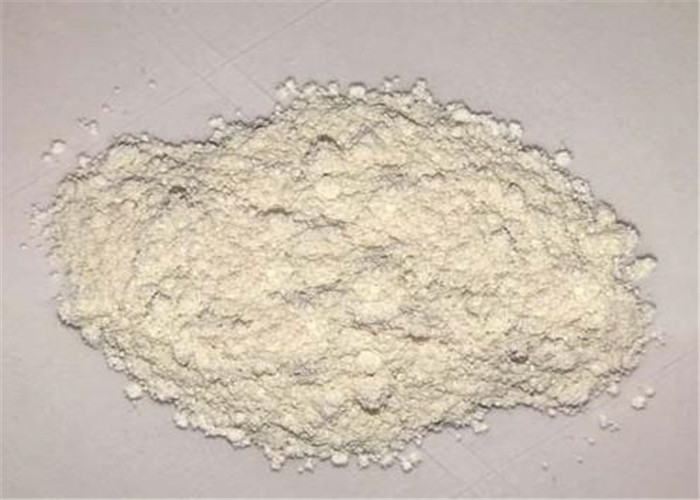
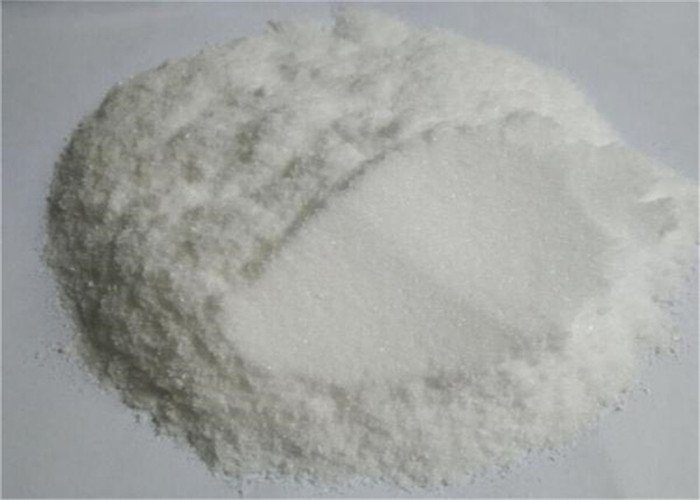
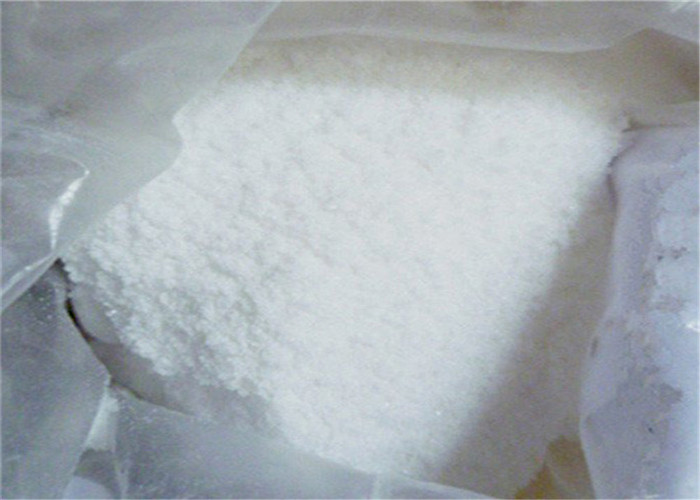
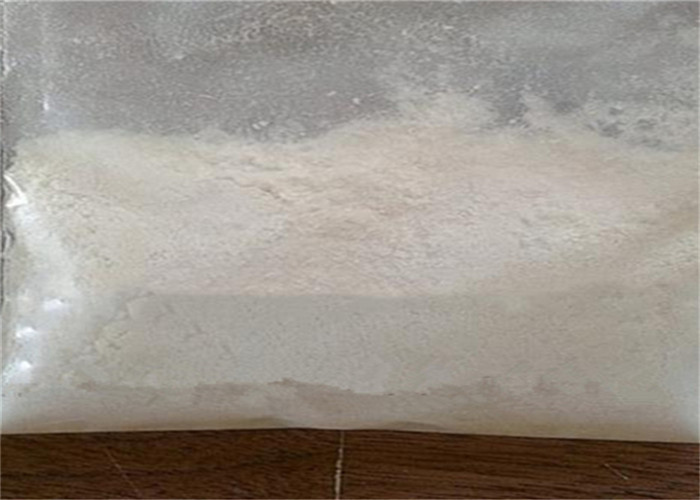
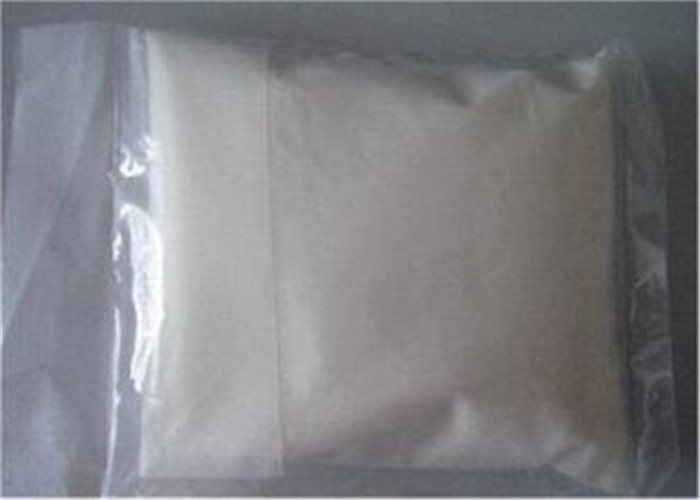



 Sales Manager
Sales Manager